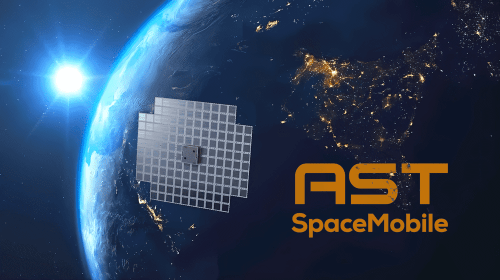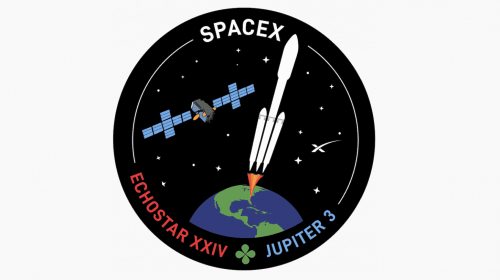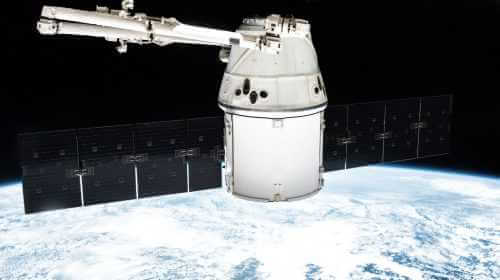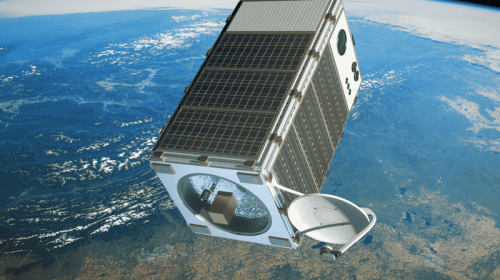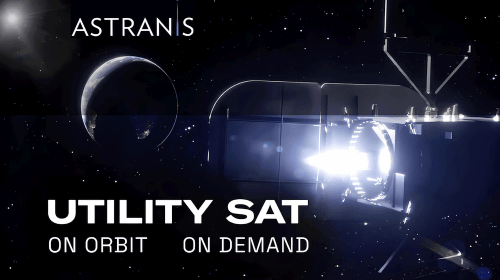What Makes the Electron Rocket Ideal for Tailored Launches?
Feb 11, 2025
On February 8th, Rocket Lab made another important milestone with their Electron rocket carrying a valuable payload of satellites for the innovative French company Kinéis. The fourth in a five-launch contract with the two companies, the launch was at precisely 3:43 p.m. Eastern Time, at the company’s Launch Complex 1, Pad A, a well trodden route for the company. The company demonstrated its technical precision on this mission, deploying five satellites into orbits at an altitude of 646 km and an inclination of 97 degrees, which is the fourth of five launches the company contracted for its own Kinéis Internet of Things (IoT) services constellation.
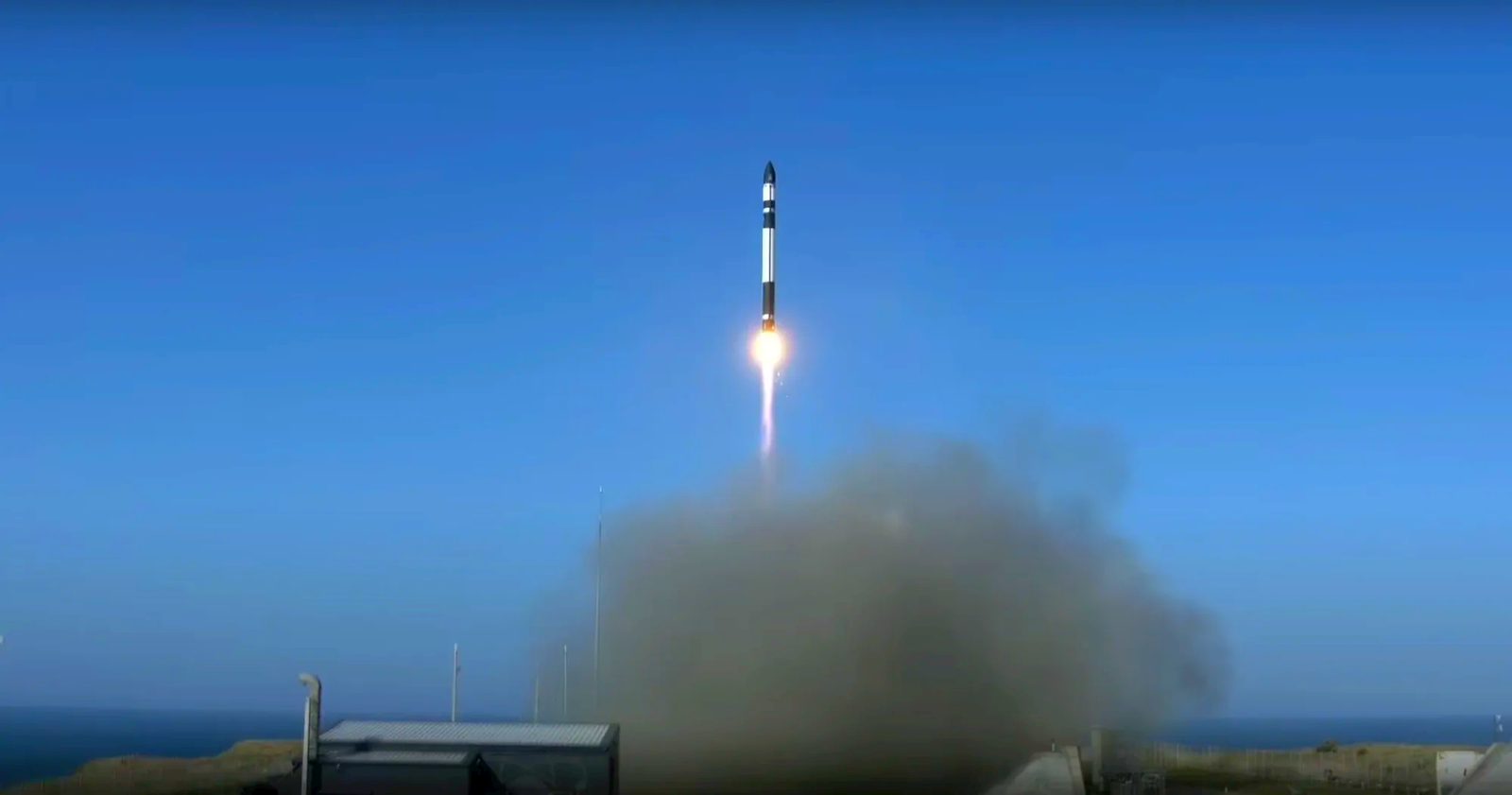 Rocket Lab Electron lifts off carrying a fourth set of Kinéis satellites. Credit: Rocket Lab
Rocket Lab Electron lifts off carrying a fourth set of Kinéis satellites. Credit: Rocket Lab
By mid 2025, Kinéis plans to have all of its full constellation operational, with the first ten satellites offering initial services such as IoT communications and Automatic Identification System (AIS) tracking, as early as 2025. Yet, since those initial announcements, no updates have been given on these services. The reasons for his departure are not known, but in December, the company revealed that its founding CEO, Alexandre Tisserant, had stepped down. Kinéis is temporarily led by Christophe Vassal, who is chair of the supervisory board, and he intends to appoint a new CEO in the first quarter of 2025.
Four Electron launches to launch radar imaging satellites to deploy on behalf of the Japanese company Institute for Q-shu Pioneers of Space (iQPS) are scheduled for 2025 and 2026. Rocket Lab’s founder and CEO Peter Beck said that, because Electron can deliver spacecraft to precise orbits, it is a perfect match for constellation deployments that need optimized data collection. In a similar way, he compared the situation to the aviation industry, where big passenger jets share space with small planes, and different launch vehicles complement one another. Rocket Lab’s operational excellence and ability to adapt to the market are reflected in its achievements. With successful deployment of Kinéis satellites, multiple consecutive launches and contracts with companies such as iQPS, they are able to meet specific market demands. Rocket Lab has consistently delivered this service to the small launch sector and has challenged the idea that rideshare would reduce demand for dedicated small launch vehicles.
The current space launch market is summed up by Beck’s aviation analogy. The space industry needs diverse launch capabilities just as commercial aviation does with large passenger jets and smaller aircraft. Ambitious projects and heavy payload deliveries will depend on super heavy rockets, such as Blue Origin’s New Glenn, which will complement, not compete with, Rocket Lab’s services. Specialization drives innovation: The modern space industry is powered by Rocket Lab’s expansion and consistent execution. The ability to precisely orbit insert and tailor launch schedules for specific customer needs makes them ideal for customers that larger rockets cannot serve efficiently. Companies who are developing IoT services and earth observation capability will find this specialization particularly beneficial as precision and timing are critical. This growth trajectory suggests that Rocket Lab’s approach to specialization and reliability strongly resonates with the evolving needs of the satellite industry.

